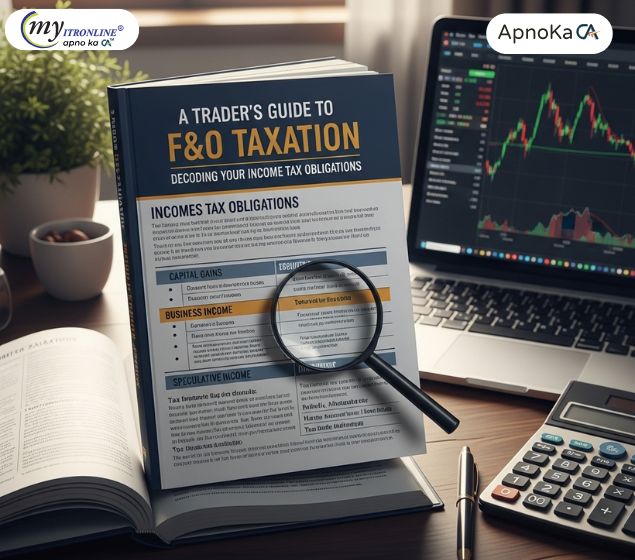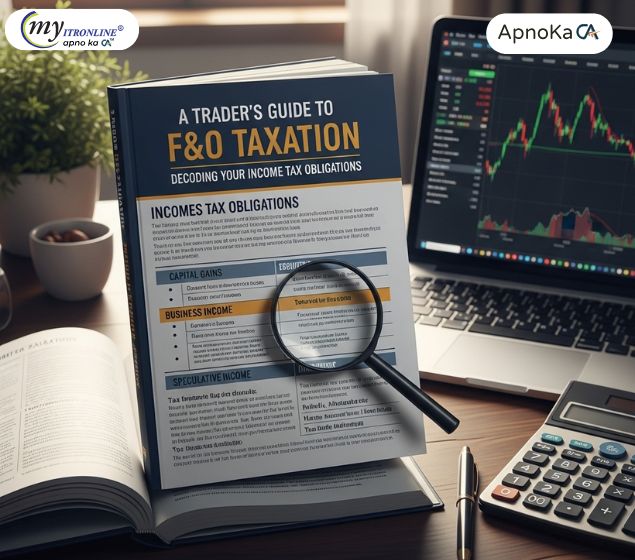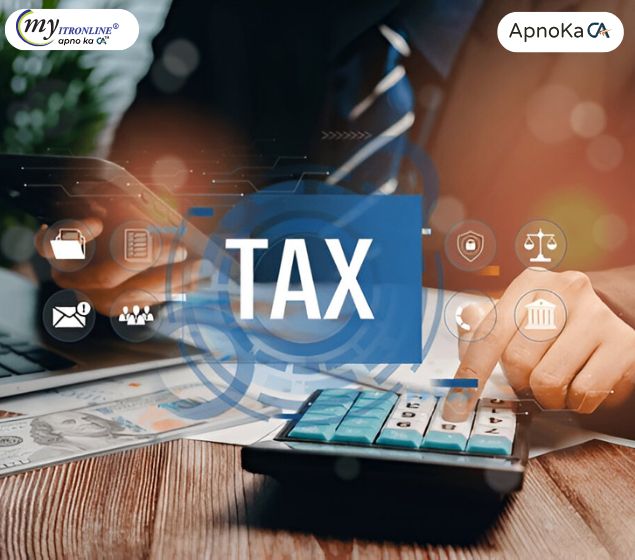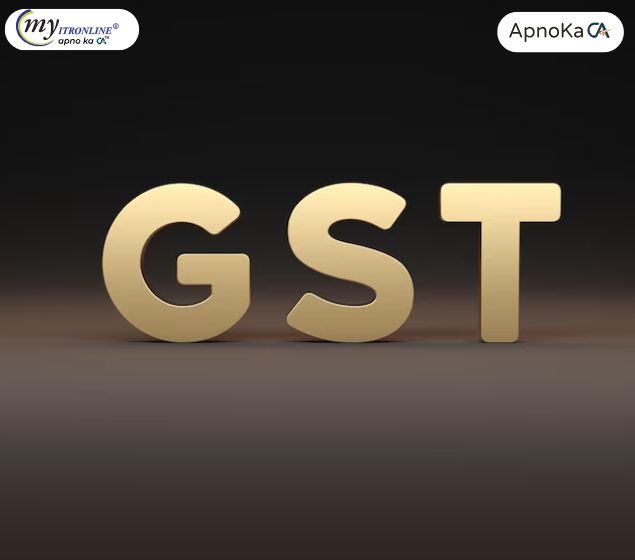# nse
12 posts in `nse` tag

Good News for Seniors! 7 New Government Perks for a Better Life
This blog outlines seven new government benefits for senior citizens in India, aimed at improving their quality of life. These perks include expanded health insurance (Ayushman Bharat) for those 70+, free assistive devices (Rashtriya Vayoshri Yojana), increased pension amounts, opportunities for active aging through jobs and social groups (SACRED Portal), support for the "Silver Economy" through startup funding (SAGE portal), a dedicated helpline for safety and protection (Elderline 14567), and improved access to facilities via state action plans. The article also provides a brief guide on how seniors can access these benefits, emphasizing a holistic approach to ensuring respect, health, financial security, and happiness for India's elderly population.

Crypto Firms in India Must Now Pass Security Audits: What It Means
India's Financial Intelligence Unit (FIU-IND) has mandated comprehensive cybersecurity audits for all Virtual Digital Asset (VDA) service providers, including crypto exchanges and custodians. These audits, to be conducted by CERT-In approved auditors, signal a major shift towards a more secure and regulated crypto ecosystem in India. The move aims to combat cybercrime, money laundering, and boost investor confidence, bringing the crypto sector in line with traditional financial regulations. Firms must now prioritize compliance, update security protocols, and prepare for the new PACT certification, marking an end to lax security practices.

A Trader's Guide to F&O Taxation: Decoding Your Income Tax Obligations
This guide explains the crucial aspects of Futures & Options (F&O) taxation in India. It clarifies that F&O income is categorized as 'Non-Speculative Business Income', detailing how to calculate turnover based on 'absolute profit' plus premiums. The guide outlines various deductible expenses to reduce taxable income and explains when a tax audit is mandatory, especially for losses or specific turnover thresholds. Finally, it covers how to manage F&O losses through set-off and carry-forward, and provides essential information on ITR filing (ITR-3), applicable tax rates, and advance tax payments, ensuring traders stay compliant and manage their finances effectively.

A Trader's Guide to F&O Taxation: Decoding Your Income Tax Obligations
This guide explains the crucial aspects of Futures & Options (F&O) taxation in India. It clarifies that F&O income is categorized as 'Non-Speculative Business Income', detailing how to calculate turnover based on 'absolute profit' plus premiums. The guide outlines various deductible expenses to reduce taxable income and explains when a tax audit is mandatory, especially for losses or specific turnover thresholds. Finally, it covers how to manage F&O losses through set-off and carry-forward, and provides essential information on ITR filing (ITR-3), applicable tax rates, and advance tax payments, ensuring traders stay compliant and manage their finances effectively.
.jpg)
Your ITR: File It or Face These Costly Consequences
This blog post details the various consequences of not filing Income Tax Returns in India, including immediate financial penalties, loss of benefits like carrying forward losses or claiming refunds, and harsher repercussions such as best judgment assessment, heavy fines, and even prosecution.

CBDT Guidelines on Section 37(1): What Business Expenses Are Now Disallowed?
This blog post examines the clarified disallowances under Section 37(1) of the Income Tax Act following the Finance Act 2022 amendment to Explanation 1. It details how expenses related to illegal activities, penalties, compounding fees, prohibited benefits/perks (like certain freebies), and violations of foreign laws are now more explicitly non-deductible, emphasizing the need for businesses to ensure compliance and maintain thorough documentation.

Comprehending Income Tax Notifications for Employed Persons in India (Financial Year 2024-25): An All-Inclusive Guide
A detailed guide detailing the reasons salaried individuals get income tax notices in India (FY 2024-25), the different kinds of notices, strategies for responding step-by-step, and measures to take in order to prevent receiving notices.

Important Update: IRN Generation to Become Case-Insensitive from June 1, 2025
The GSTN requires that starting June 1, 2025, IRN generation for invoices be case-insensitive, which will involve converting all invoice numbers to uppercase to avoid duplication. Companies need to adjust their systems accordingly to ensure easier compliance with this new requirement.

New Tax Incentives for Startups & MSMEs in 2025: Key Benefits and Opportunities
In 2025, the Indian government will implement new tax breaks for startups and MSMEs to encourage innovation, alleviate financial constraints, and boost development. Extended tax vacations, lower corporate tax rates, larger turnover limits for presumptive taxation, GST concessions, and capital gains exemptions are among the most significant advantages. These steps are intended to boost competitiveness, increase cash flow, and facilitate digital transformation in the MSME sector.
.jpg)
Understanding the Unified Pension Scheme for NPS-Covered Employees
For Central Government personnel covered by the National Pension System (NPS), the Ministry of Finance launched the Unified Pension Scheme, which offers an assured payment alternative. This alternative plan adheres to the current framework of NPS rules while providing flexibility, financial stability, and streamlined pension benefits.
.png)
Section 54D: Capital Gains Exemption for Compulsory Acquisition of Industrial Property
Section 54D of the Income Tax Act gives firms significant tax breaks on capital gains resulting from the compulsory acquisition of industrial property or structures. This blog discusses the qualifying criteria, investment conditions, and processes for reinvesting compensation to benefit from the exemption. Learn how to use this helpful clause to minimize taxes while also ensuring business continuity.
Understanding Section 40A of the Income Tax Act: A Complete Guide
This blog gives a complete explanation of Section 40A of the Income Tax Act of 1961, with an emphasis on the disallowance of certain business costs. It describes the major provisions, the sorts of costs that can be rejected, and the percentage restrictions that apply to different enterprises. The blog also discusses exemptions for costs linked to scientific research, social welfare, and export promotion. It emphasizes the significance of compliance and demonstrates how excellent record-keeping may help businesses reduce tax liability under Section 40A.
